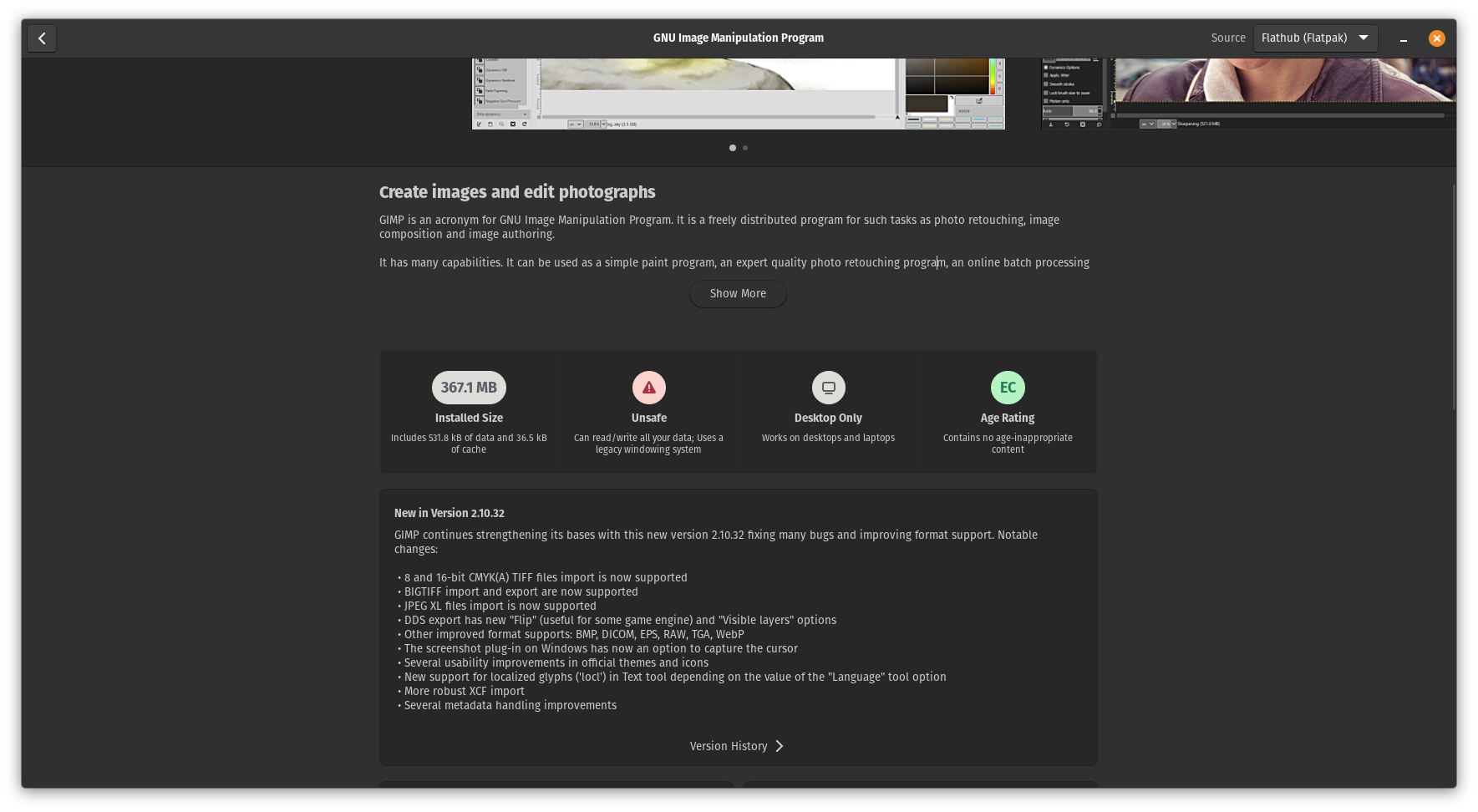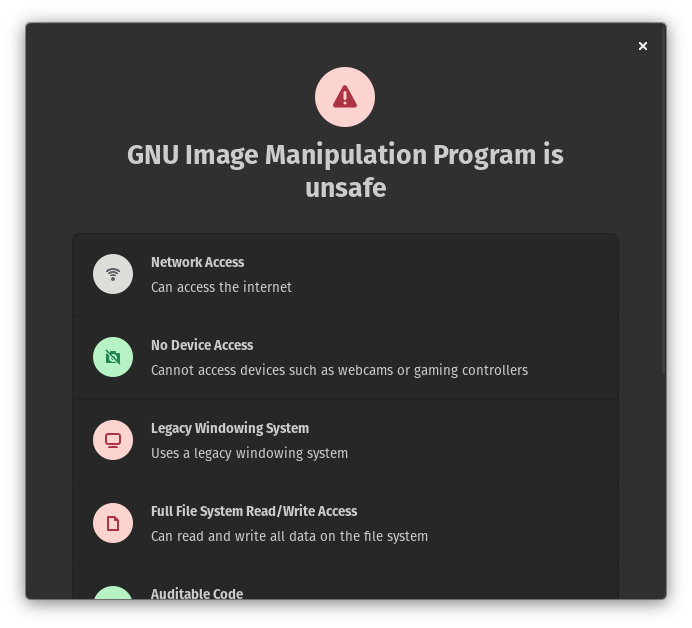That is a long posting, and TBH I did not read it all. I take issue with most of the arguments, that are brought up, because I think they are a bit in bad faith or deliberately ignoring some counterarguments.
Core library developers are finally seeing the benefits of maintaining compatibility.
This might be true, but true is also that just recently a change in Glibc broke a some games on Steam.
Despite this, many developers are not interested in depending on a stable base of libraries for binary software.
Why has the author such a contemptuous tone? As if developers would like to bloat the system out of spite. Unstable ABIs is still a problem, as I linked. Flatpak is a solution to most of those stability problems.
There are a lot more weak arguments in this article.
Sharing runtimes is a bit similar to existing package managers. If I install KCalc under Gnome, it pulls also a lot of dependencies under classical package managers. Sure, it is worse under Flatpak, but kind of similar. If storage is too much of a problem, then package maintainer will use only a few different runtimes. Otherwise, Flatpak will just not be usable.
Sandboxing is not perfect, but we have to start somewhere. Android fox example has a very sophisticated sandboxing and package mangers like Flatpak can get there too. Yes, it still has its problems, but they are solvable.
All in all, most problems with Flatpak are problems, that can be solved. I really dislike the tone of the author. Flatpaks are not from the devil, they are here to solve problems. I am interested in a constructive discussion, not this.

